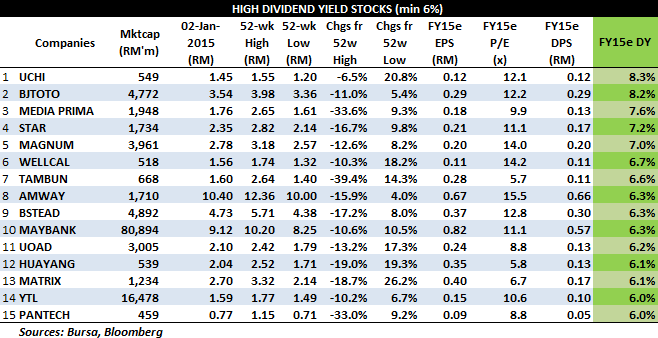Searching for Yield the REIT Way
Post on: 19 Февраль, 2017 No Comment

Tim Melvin
Stock quotes in this article:
apts
More than ever before, I am getting more questions from friends, readers and associates about their search for income. Interest rates are still very low, and it looks like they will stay low at least into the second half of 2015. It could be 2017 before we see rates at a reasonable level for income-seeking investors, and that would happen only if the U.S. economy has recovered nicely and the markets have not found a reason to crater in the interim.
The five-year Treasury is at 1.77%, and a three-year bank CD pays a whopping 1.35%. You can get around 2% in a high-grade corporate and 1.3% or so in quality five-year municipal bond. There is simply no low-risk yield available anywhere.
Shifting out the risk curve to other asset classes is not going to help very much either. Stocks have had a five-year run, and the usual yield stocks such as blue chips and utilities are overpriced and leave investors vulnerable to large capital losses. Junk-bond yields are less than 6%, so individuals are not really getting paid for the risks.
If you went to the real estate investment trust (REIT) party early, you have done very well, but the yield on the big REITs has dropped to around 3.25% today, and most trade at a multiple of the value of the underlying assets. Finding income-producing investments is becoming more difficult by the day, and I doubt it is going to get much easier anytime soon.
If you are investing with income as a primary concern right now, you are going to have to take some risks. Many asset classes and individual securities have been bid to the moon by yield-searchers who got here ahead of you, and you are also going to have to become very selective in your portfolio selection process. As Ben Graham once advised us, we will have to become business-like in our search for income and dig deep to find the right securities. You will also have to change your mindset somewhat and not focus as much on the month-to-month portfolio values and concentration income streams. We cannot do anything about market volatility, but we can be aggressive about trying to avoid a permanent loss of capital.
Last week. I wrote about stocks that have decent dividend yields and trade at a discount to their Graham number intrinsic value. Today I want circle back and look at some stocks that trade below asset value, have good dividends and have a Piotroski F-score that indicates sound financials and a high potential for the stock to outperform the market.
Preferred Apartment Communities (APTS ) is a REIT that invests in multifamily homes and also makes loans such as senior mortgage loans, subordinate loans and mezzanine debt secured by interests in multifamily properties. At year-end, it owned six multifamily communities with a total of 1,929 units in five states. Preferred also has 12 real estate loans, including seven mezzanine loans that partially finance the construction of new multifamily communities, four bridge loans that are partially or wholly financing land acquisition and predevelopment costs of planned multifamily communities, and one mezzanine loan that is partially financing a retail development project. All of the multifamily loans have an exclusive option to buy the properties when development is completed.
On the numbers, the stock looks like a great candidate for an income portfolio. Shares of Preferred Apartment Communities trade at 75% of tangible book value and yield 7.9%. The F-score is 6, so the fundamentals and financials are improving, and the stock has the potential to be a market beater over the next couple of years. I find it interesting that EJF Capital, one of the investment firms from which I like to steal ideas, is a 5%-plus shareholder of the REIT.
Only 31 stocks fit the criteria for safe and cheap income stocks. There a few others I think are worth owning so I will cover them tomorrow. When evaluating or considering adding these stocks to your portfolio, keep in mind that I prefer to own as many different securities as possible in an income portfolio to further reduce my risk of a permanent loss of capital.
At the time of publication, Melvin had no positions in stocks mentioned.














